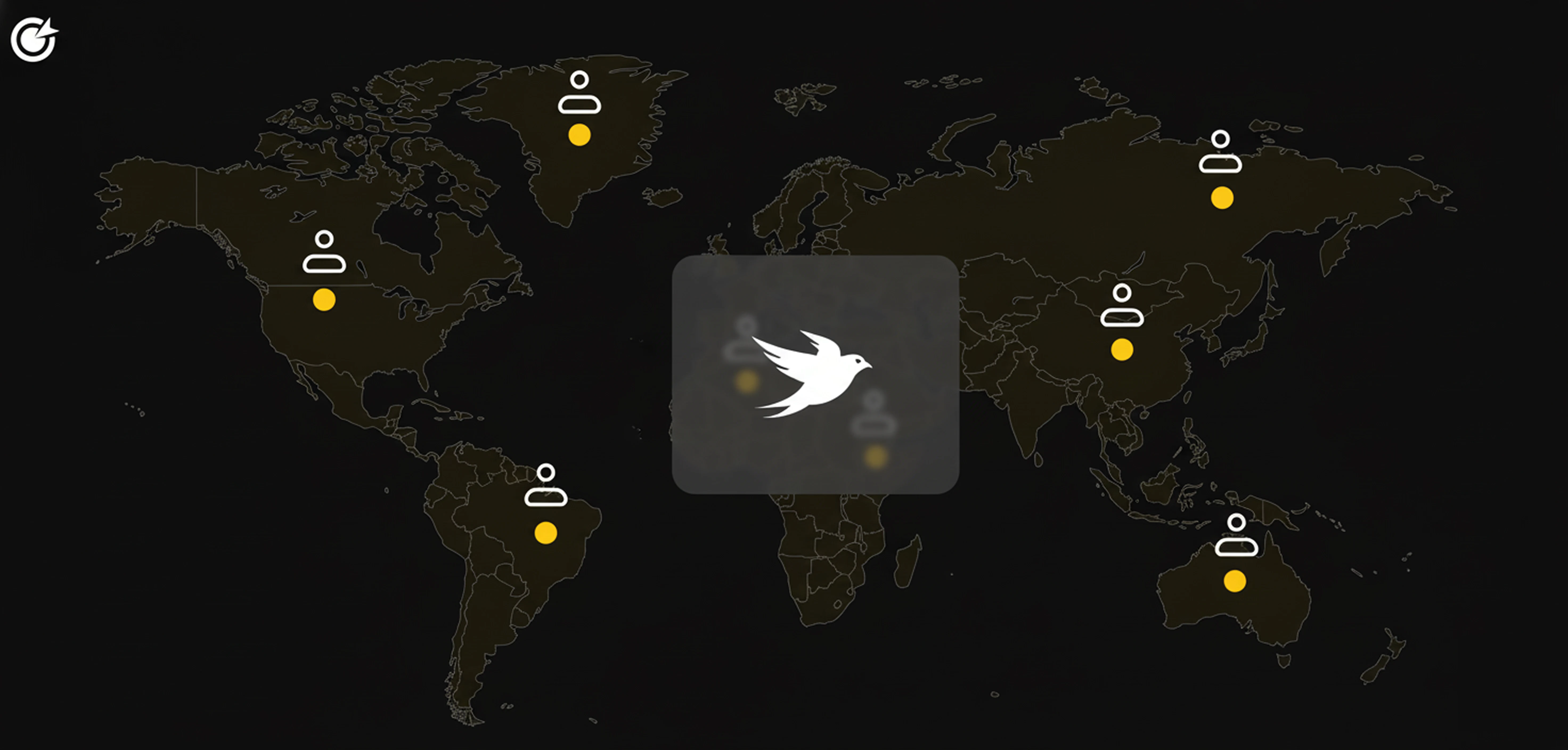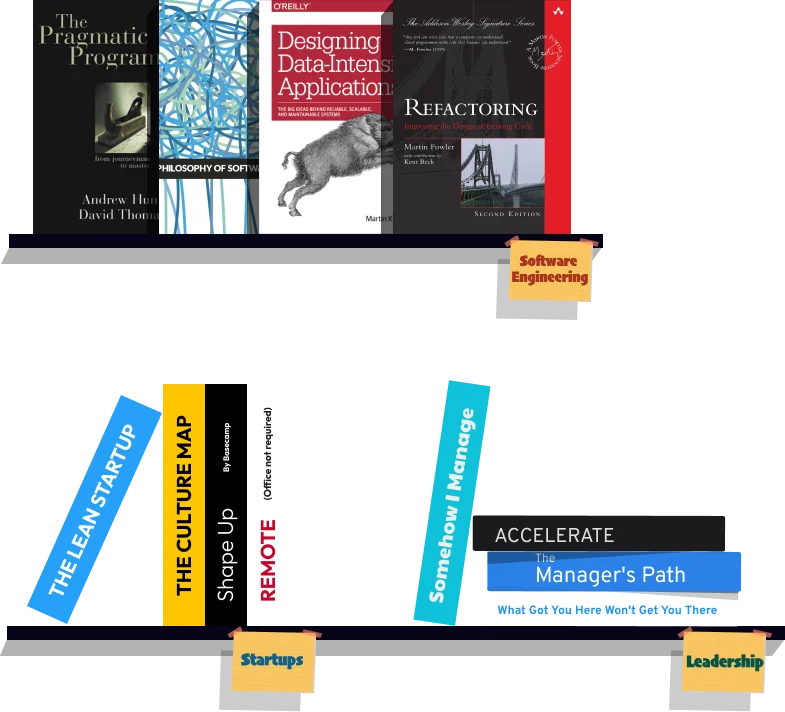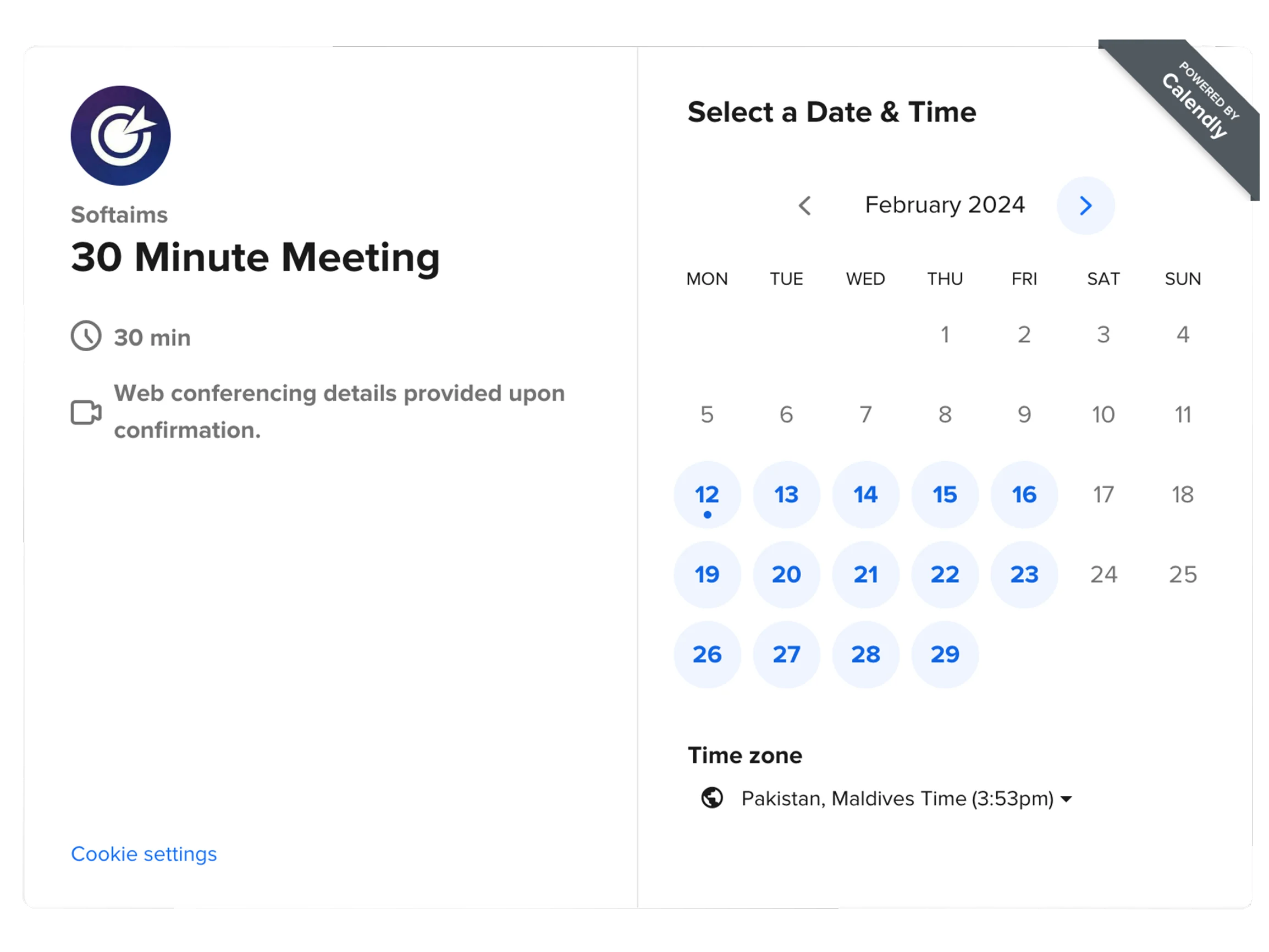The Architects of The Apple Ecosystem Swift Developers
A Swift developer is a specialized software engineer who builds native applications for Apple's ecosystem, including iOS, iPadOS, macOS, watchOS, and tvOS. They use Apple's powerful and modern programming language, Swift, to create fast, secure, and highly interactive user experiences that are perfectly tailored to the hardware they run on.

Hiring a Swift developer means investing in a high-quality, premium user experience. Their expertise is crucial for any business that wants to build a polished and performant native application that takes full advantage of the features and design conventions of the Apple platform, providing users with the seamless experience they expect.
Mastery of The Swift Language
A proficient Swift developer must have a deep and idiomatic understanding of the Swift language. This goes far beyond basic syntax and requires a mastery of its modern and powerful features. They must be experts in Swift's strong type system, its focus on safety with features like optionals, and its functional programming concepts.
They should be able to write clean, expressive, and safe code using features like generics, protocols, and extensions. For example, the ability to write a safe optional-handling statement like if let user = optionalUser { ... } is a fundamental skill that demonstrates a commitment to writing robust and crash-resistant code.
Expertise in Apple's UI Frameworks
The core of an iOS developer's work is building user interfaces, and a candidate must be an expert in at least one of Apple's major UI frameworks.
For many years, this has been
UIKit,
the robust and mature framework for building apps with an imperative approach.
A developer should have deep experience with its core components, like
UIViewController, UITableView, and Auto Layout.
More recently, a forward-thinking developer must also be highly proficient in
SwiftUI,
Apple's modern, declarative UI framework. SwiftUI allows for the creation of UIs across all Apple platforms with a single, intuitive codebase.
Expertise in SwiftUI, including its state management system
(@State, @Binding), is a key indicator of a developer who is up to date with the latest best practices.
Apple's Human Interface Guidelines
Building a great app for the Apple ecosystem is about more than just writing code; it's about creating an experience that feels intuitive and at home on the platform. A top-tier candidate must have a deep respect for and understanding of Apple's Human Interface Guidelines (HIG).
They should be able to design and build UIs that follow platform conventions for navigation, layout, and user interaction. This attention to detail is what separates a generic, cross-platform-feeling app from a truly polished and delightful native experience that users will love.
Networking and Data Persistence
Modern mobile apps are rarely self-contained; they need to communicate with backend services to fetch and display data.
A Swift developer must be skilled at making network requests, typically using Apple's native frameworks like
URLSession. They should be experts at handling asynchronous operations and parsing JSON data using
Codable.
For storing data locally on the device, they must be proficient with a variety of persistence techniques.
This includes using UserDefaults for simple key-value storage, as well as experience with a more robust,
object-oriented database framework like Core Data or a popular third-party alternative like Realm.
Concurrency with Grand Central Dispatch and Swift Concurrency
To keep the user interface responsive and smooth, a mobile app must perform long-running tasks, like network requests or data processing, off the main thread. A candidate must have a deep understanding of concurrency in Swift. This includes experience with the classic Grand Central Dispatch (GCD) for managing queues and dispatching work.
More importantly, a modern Swift developer must have a mastery of Swift's new structured concurrency model, which was introduced in Swift 5.5. This requires expertise in using the async/await syntax to write clean, safe, and highly readable asynchronous code, which is now the standard for modern iOS development.
The Xcode IDE and Tooling
The development environment for all Apple platforms is Xcode, and a proficient developer must be an expert user of this powerful Integrated Development Environment (IDE). This goes beyond just writing code and includes a mastery of its various tools for building, debugging, and profiling an application.
They should be highly skilled at using the Interface Builder for laying out UIs (especially for UIKit), the LLDB debugger for tracking down complex bugs, and Instruments for diagnosing performance bottlenecks and memory leaks. Fluency in the Xcode toolchain is essential for a productive and professional workflow.
Dependency Management
Modern application development relies on the use of third-party libraries to accelerate development. A Swift developer must be experienced with the primary dependency management tools used in the Apple ecosystem. The most important of these is the Swift Package Manager (SPM), which is now fully integrated into Xcode.
For older projects, they should also have experience with CocoaPods, which was the long-time standard for dependency management. The ability to confidently add, update, and manage external dependencies is a fundamental part of the professional development process.
Testing and Quality Assurance
A commitment to writing high-quality, reliable code is demonstrated by a strong testing discipline. A professional Swift developer must be experienced in writing automated tests for their applications. This requires proficiency with Apple's native testing framework, XCTest.
They should be able to write unit tests to validate their business logic and UI tests to ensure the application's user interface behaves as expected. The ability to write clear, focused, and maintainable tests is crucial for building a robust application and preventing regressions as new features are added.
App Store Deployment and The App Lifecycle
Building an app is only the first step; getting it into the hands of users is the ultimate goal. A well-rounded developer must have a thorough understanding of the entire process of deploying an application to the Apple App Store. This includes managing code signing, certificates, and provisioning profiles.
They should have hands-on experience with App Store Connect for managing their app's listing, submitting builds for review, and responding to feedback. Experience with a CI/CD tool like Fastlane or Xcode Cloud to automate this build and submission process is a huge plus and a sign of a modern, professional workflow.
How Much Does It Cost to Hire a Swift Developer
The cost to hire a Swift developer is high, reflecting the specialized skills required to build for Apple's premium ecosystem and the high demand for developers who can create a polished, native experience. The salary is influenced by their geographic location, years of experience, and their proficiency with modern frameworks like SwiftUI and Swift Concurrency.
Tech hubs in North America and Western Europe, where the majority of iOS development occurs, typically have the highest salary ranges. The following table provides an estimated average annual salary for a mid-level Swift developer.
| Country |
Average Annual Salary (USD) |
| United States |
$138,000 |
| United Kingdom |
$92,000 |
| Germany |
$88,000 |
| Canada |
$105,000 |
| Australia |
$100,000 |
| Poland |
$62,000 |
| Ukraine |
$58,000 |
| India |
$42,000 |
| Brazil |
$52,000 |
| Japan |
$80,000 |
When to Hire Dedicated Swift Developers Versus Freelance Swift Developers
Hiring a dedicated, full-time Swift developer is the best choice for building and maintaining a core, long-term business application for the Apple ecosystem. A dedicated developer will gain a deep understanding of your product's features and codebase, and can take ownership of its ongoing evolution, from feature development to iOS version updates.
Hiring a freelance Swift developer is a more tactical decision, perfect for short-term projects or for augmenting your team's expertise. This is an ideal model for building a simple, standalone app, creating a prototype to validate an idea, or getting expert help to implement a specific feature like an iMessage extension or an Apple Watch app. Freelancers provide flexibility and specialized skills on demand.
Why Do Companies Hire Swift Developers
Companies hire Swift developers because building a high-quality, native iOS application is often a critical part of a successful business strategy. The App Store provides access to a highly engaged and valuable user base, and a native app provides the best possible performance, security, and user experience on Apple devices.
Swift is Apple's modern, powerful, and safe programming language, designed specifically for this purpose. By hiring a Swift developer, companies can build applications that are fast, reliable, and deeply integrated with the Apple ecosystem, providing a premium experience that can lead to higher user satisfaction and retention.
In conclusion, hiring a top-tier Swift developer requires finding a candidate who is not only a master of the Swift language but also an expert in the rich and evolving Apple development ecosystem. The ideal professional will combine deep technical proficiency in modern frameworks like SwiftUI and Swift Concurrency with a disciplined approach to testing and a strong appreciation for Apple's design principles. By prioritizing these skills, organizations can build powerful teams capable of creating the beautiful, performant, and delightful native applications that define the Apple experience.



































